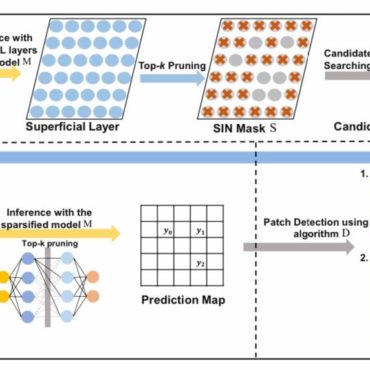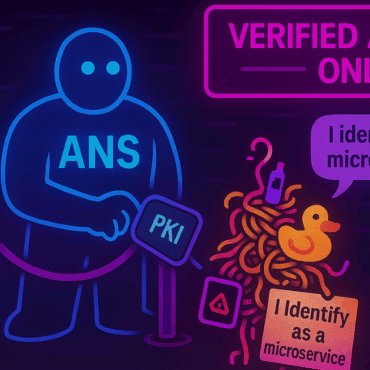Deepfakes are posing a real threat to the ethical side of AI
The Next Web, November 7, 2021
Artificial intelligence is now able to reanimate the past better than ever. But how will this affect our understanding of history and ourselves?
For several years, researchers at UMass Boston’s Applied Ethics Center have studied how everyday interactions with AI affect people’s thoughts about themselves and politics. It has been found that AI can weaken people’s ability to make ordinary judgments, reducing their intuitive insight. The desire to revive the past is no longer a novelty. In 2018, Peter Jackson refurbished the WWI footage with They Must Not Get Old, realistically showing 21st century audiences to experience the Great War. At the same time, Deepfake technology offers a cheap and widely available tool in this matter for working with old materials or creating believable fake videos from scratch.
But together with the coincidental results, serious moral questions arise, given that these new technologies are being used to improve understanding of the past and important historical episodes.
But will people continue to use their imaginations to recreate the events of a steamy or
will take deepfake content with their realistic images literally? There is a risk that animated versions of the past may give people the impression that they do not need to learn more about the historical event.
The Fortune, November 3, 2021
US facial recognition firm Clearview AI has been banned from extracting images from websites in Australia, requiring it to delete the data it has already collected.
A similar order from the Australian privacy regulator is also another reminder that facial recognition in general is quite controversial, given that Facebook has announced that it will stop using the technology. As a reminder, Clearview AI collects photos of people from public sources and then makes biometric information available to paying customers who can use it to search for other images on the Internet. Such actions are highly illegal in Australia, according to Information and Privacy Commissioner Angeline Falk.
«The covert collection of this kind of sensitive information is unreasonably intrusive and unfair,» Falk commented.
In response to the situation, Clearview AI said that the Australian regulators «has not correctly understood how Clearview AI conducts its business.»
Newsweek, November 5, 2021
Fans of the James Bond franchise got their first glimpse of what Henry Cavill might look like as the new 007, thanks to a very believable deepfake video posted on YouTube.
Content creator Stryder HD has applied Cavill’s face to former Bond actor Timothy Dalton in his two episodes 007, Daylight Living and License to Kill. The video has over 200,000 views on YouTube, and viewers support Cavill as the perfect replacement for Daniel Craig. Stryder HD itself has the name Matthew Anthony, the user has been posting videos to YouTube since 2018. His channel has 233,000 subscribers, and his deepfake videos cover every famous franchise, from Spider-Man to Squid Game.
The creator initially focused on hybrid apps and spoof videos, and then moved on to making deepfakes after learning more about the technology from other YouTube users, including one who he said went on to work at Industrial Light & Magic and Lucasfilm. The man was attracted to this technology because it provides an opportunity to “innovate” and explore “exciting new opportunities” on YouTube. According to him, he is a “big fan of James Bond”.




